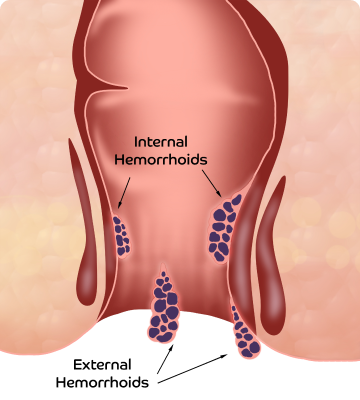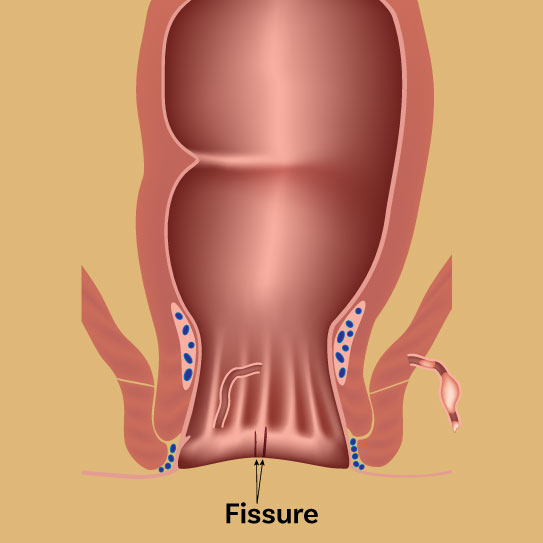Anal fissures or tears usually result from straining while bowel movements, especially when passing hard or large stools. Typically they are also accompanied by muscle spasms near the anal sphincter. You should consult an anorectal doctor for treatment as soon as you notice the symptoms of anal issues.
Pristyn Care is one of the best surgery providers for anal fissures, with a large network of clinics and associated hospitals with experienced anorectal surgeons. At Pristyn Care, we also provide pre and postoperative consultations to all patients to ensure patients recover without any complications. Moreover, we provide other services like real-time treatment updates, easy payment plans, insurance and documentation support, etc., to ensure a seamless treatment journey for the patient.

Select City








![function at() { [native code] }](https://img.pristyncare.com/treatment%20section%2FFissure.jpg)
